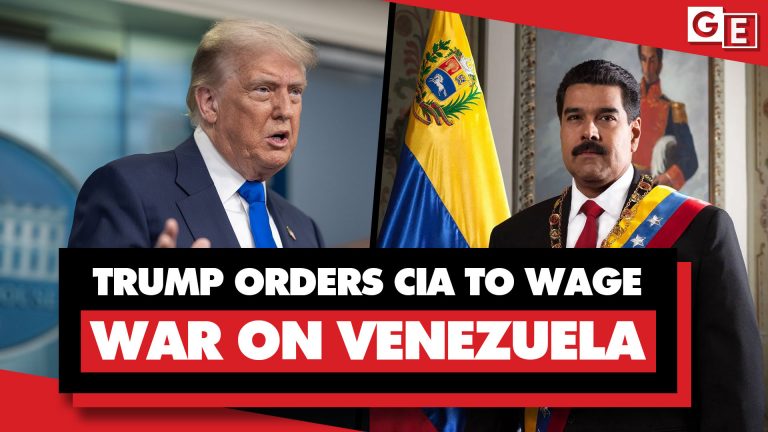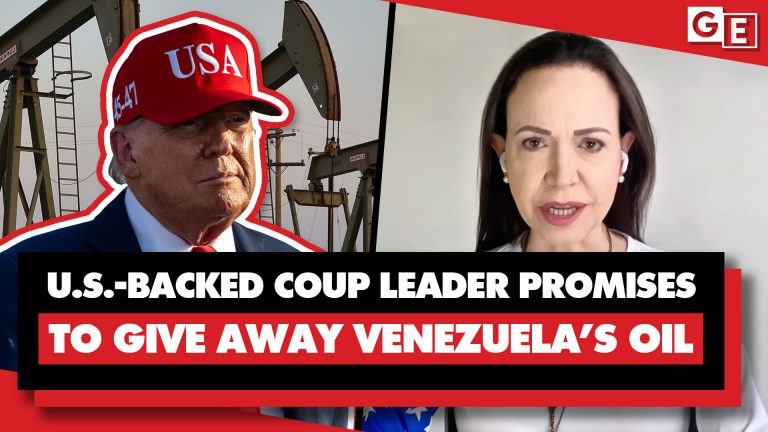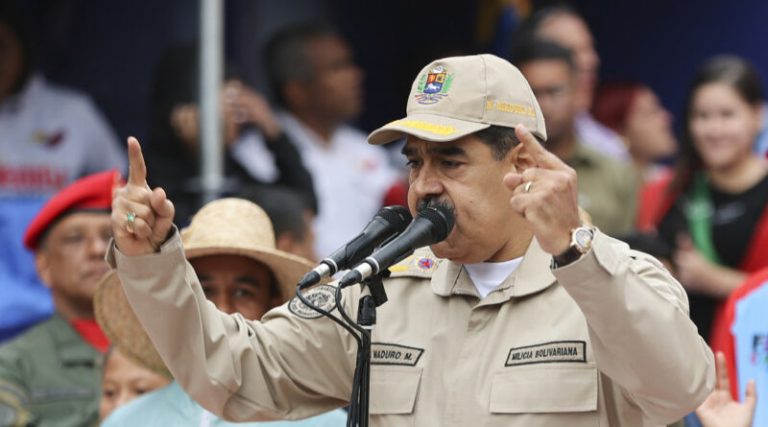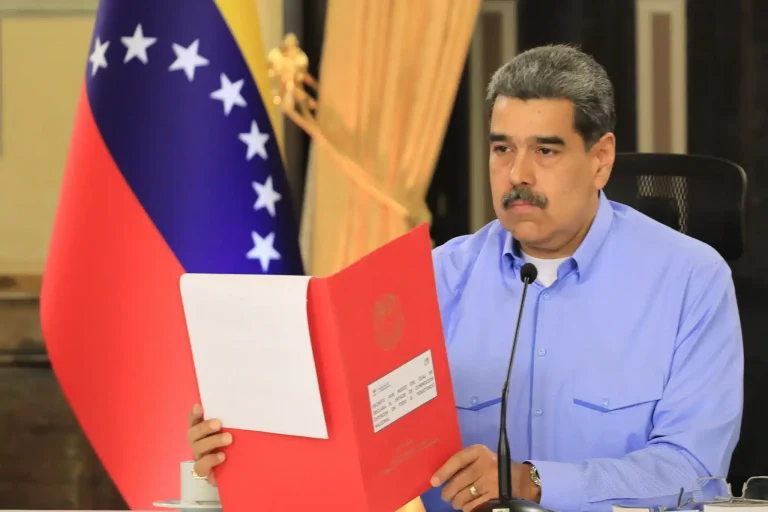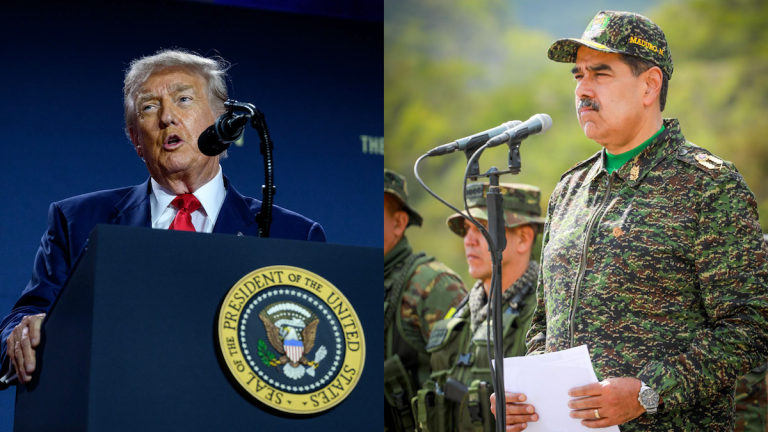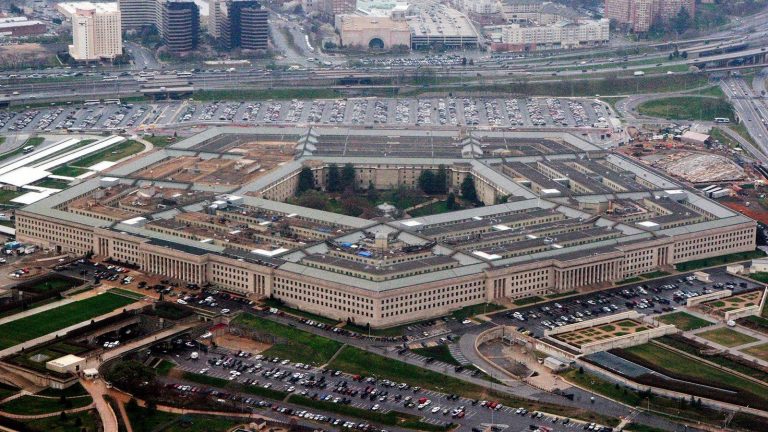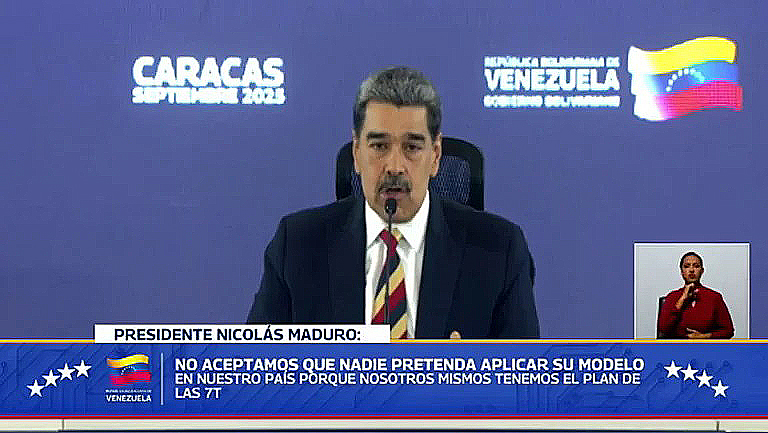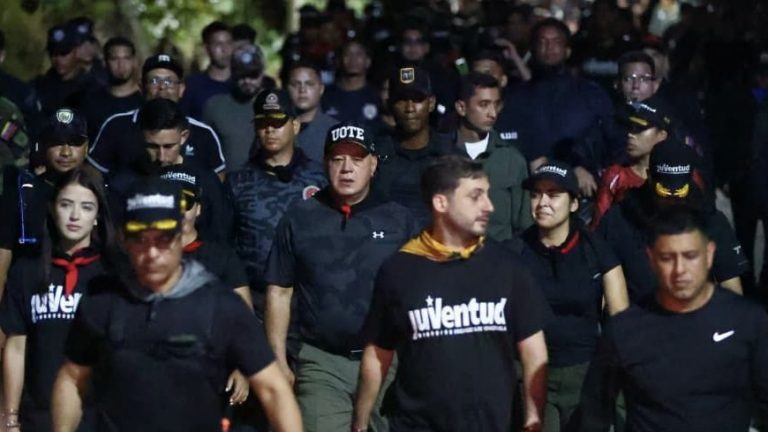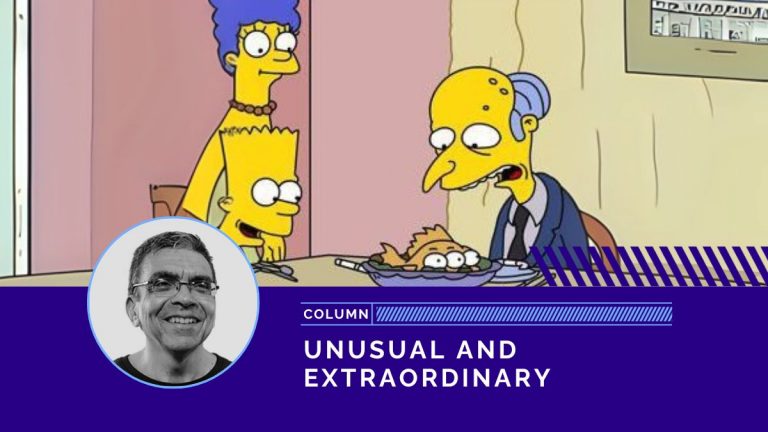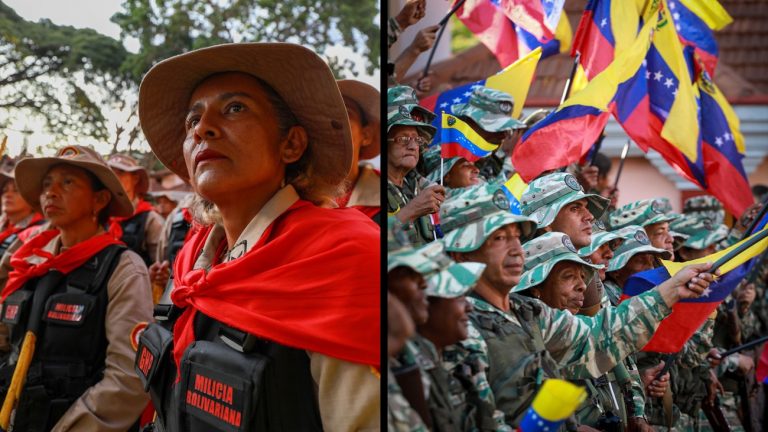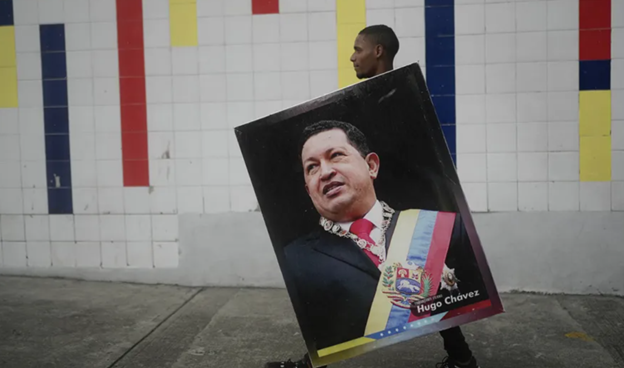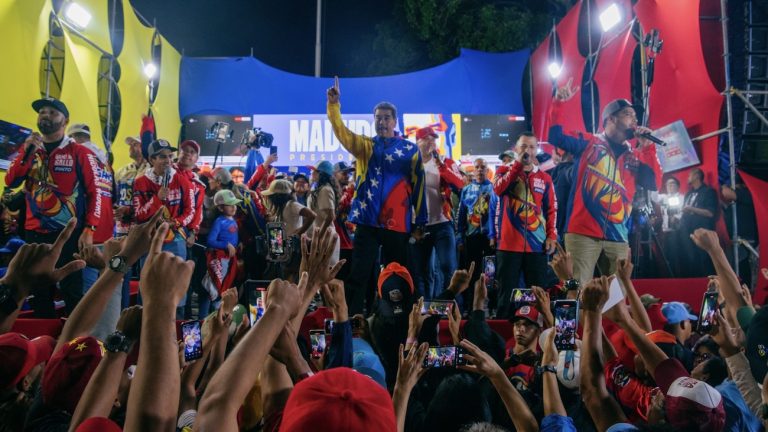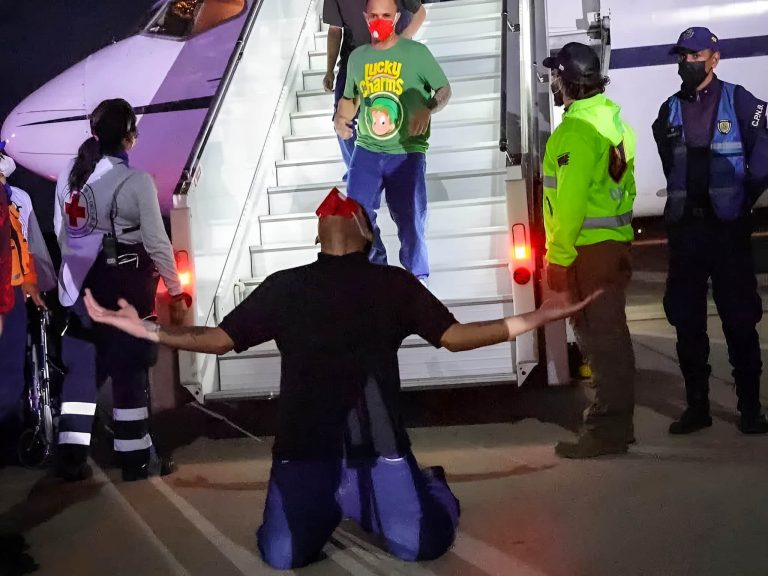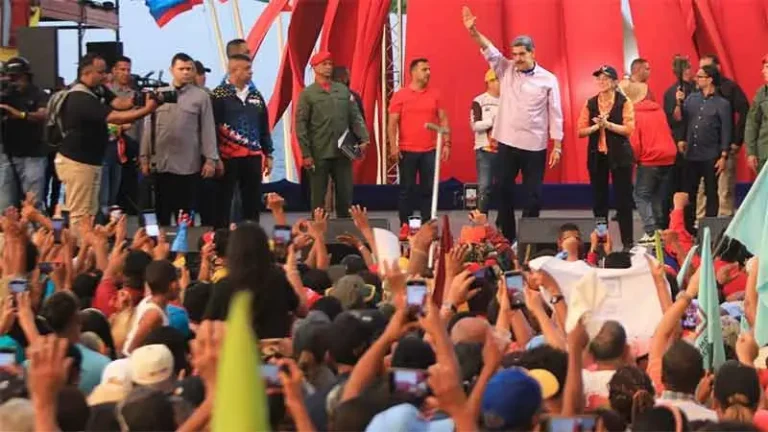Trump Orders CIA To Attack Venezuela
The United States is waging war on Venezuela. This is not a hypothetical; it is happening.
The Donald Trump administration is using extreme violence to try to overthrow Venezuela’s President Nicolás Maduro.
The US military has killed dozens of Venezuelans in strikes on boats in international waters without charge or trial. UN experts have publicly condemned these attacks as “extrajudicial executions” that violate international law.
It is not only Venezuelans who have been executed by the US military. Among the victims of these illegal US attacks have been fishermen who were citizens of Colombia and Trinidad and Tobago.

